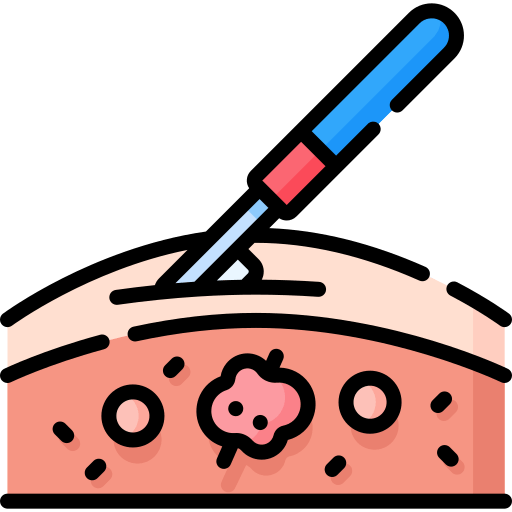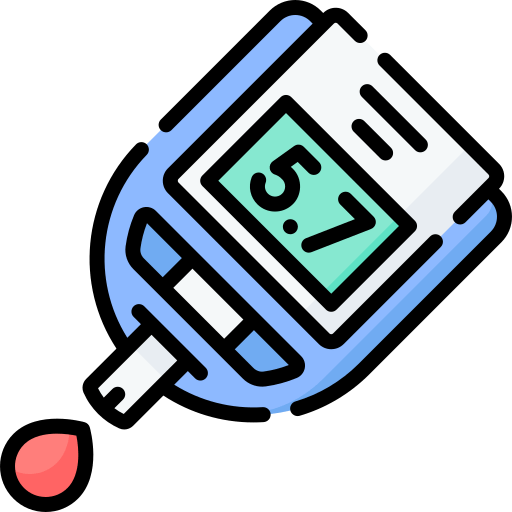About
Porcupine Dates
A Traditional Remedy with Modern Applications
Porcupine dates, also known as “Batu Landak” in Southeast Asia, are rare medicinal substances formed inside the porcupine’s digestive system. These dates are believed to have powerful healing properties and have been used for centuries to treat a variety of serious illnesses, boost immunity, and promote overall health.
Medicinal Analysis of Porcupine Dates
Under a microscope, all porcupine dates, regardless of their appearance, reveal shiny fiber particles that determine their grade. The concentration of these microscopic fibers is what distinguishes the quality and potency of porcupine dates. Their grading is unrelated to color, size, texture, or taste.
Dosage Recommendations:
The recommended daily dosage varies depending on the specific condition and severity. Consult with a healthcare professional for personalized guidance.
How to Consume:
- Take porcupine date powder on an empty stomach.
- Drink water before placing the powder under your tongue.
- Allow the powder to absorb naturally.
Dietary Restrictions:
Avoid consuming pineapple, white radish, green tea, and coffee, as they may interfere with the efficacy of porcupine dates. Consult our specialists for specific dietary guidelines.
Medicinal Properties for Specific Conditions:

Inflammations
Porcupine dates efficiently detoxify the body, reduce pus formation, and relieve inflammation and pain. Severely ill patients should take one to two servings daily, with mild cases requiring less frequent doses.

Cancer
Porcupine dates help regenerate immune cells, relieve pain, reduce chemotherapy side effects, and slow hair loss. Early-stage patients should take one serving daily for a month, while advanced-stage patients can take three servings daily to improve quality of life.

Dengue Fever
Porcupine dates are highly effective in raising platelet counts, reducing fever, and detoxifying the body. Taking one to two servings daily for two to three days is recommended for those affected by dengue fever.

Before and After Surgery
Before surgery, consuming porcupine dates can enhance body resistance and promote quick wound healing. After surgery, they alleviate side effects such as fever, infection, and pain. It is recommended to take one to two servings for a few days before and after surgery.

Childbirth
Porcupine dates promote faster wound healing, reduce pain, and help prevent scarring after childbirth. For best results, take one to two servings before childbirth and continue for two days post-delivery.

Liver Disease:
Porcupine dates can detoxify the liver, reduce inflammation, and enhance immune function. Severely ill patients should take one to two servings daily, while milder cases may require two to three servings a week.

Diabetes
For diabetics, porcupine dates can help regulate blood sugar and promote wound healing. External application combined with internal consumption can significantly improve non-healing wounds, reducing the risk of complications like amputation.
History Of Porcupine Dates
Traditional Porcupine Dates vs. Modern Analysis
Traditional porcupine dates, commonly seen in the market as “blood date,” “powder date,” or “grass date,” are typically ground into powder. While these still contain the core medicinal components, they may include impurities, reducing their overall effectiveness.
Origin of Porcupine Dates
The medicinal power of porcupine dates traces back to ancient Southeast Asian traditions. During the voyages of Zheng He in the 15th century, the healing properties of porcupine dates were discovered in Indonesia, where they were used to treat a wide range of illnesses. These dates have since become a valued component of Southeast Asian folk medicine, offering hope to those suffering from life-threatening diseases.
Today, porcupine dates remain a highly sought-after remedy, known for their remarkable ability to support recovery, boost immunity, and promote overall wellness.
